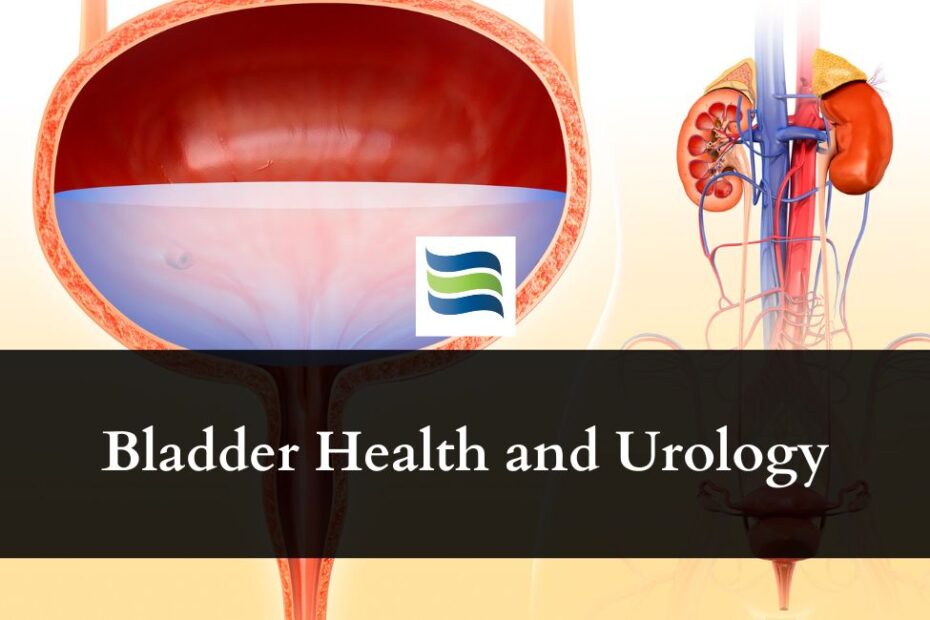It’s Bladder Health Awareness Month!
It may seem a little strange to have an entire month dedicated to the bladder and its health, but that’s the very reason we are raising awareness. Your bladder health may not cross your mind very often. But when it is not healthy, it will fill your mind much more often than you’d like. We believe a little bladder talk now could reduce the risks of a lot of bladder talk later!
Bladder Health and Urology
What does bladder health have to do with Urology? We’re so glad you asked! Urologists are experts who specialize in all things bladder (and everything else related to the urinary tract and the male reproductive system.
Urologists know things like the fact that adults typically pass about a quart and a half of urine through their bladder daily. They also know the bladder changes as people age, increasing the risk of bladder issues. And, of course, they’re experts on bladder conditions such as urinary tract infections and incontinence.
Urology Associates of South Bend is available to help in those unfortunate times when the bladder isn’t so healthy. It’s rare our team gets to be there for you when your bladder is healthy and happy. So today, we’re going to take the opportunity to share some tips on how to maintain a healthy bladder.
As with anything related to our health, we can’t control everything. But these simple tips will contribute to a healthy bladder!
Healthy Bladder Tips
1. Drink the recommended amount of fluids daily. The Mayo Clinic recently put out an article giving a general recommendation that men drink about 15.5 cups of liquid daily and women drink 11.5 cups. Water is ideal for your liquid intake when it comes to bladder health.
2. Maintain a healthy weight. With excess weight, you run the risk of urine leakage. This could contribute to either an overactive bladder or incontinence. Losing just a handful of extra pounds if needed could significantly diminish bladder leakage.
3. Exercise regularly. Exercise will help with maintaining a healthy weight. There are also specific exercises to strengthen the muscles that control the bladder. In addition, exercise can help prevent constipation.
4. Avoid constipation. The excess stool in your colon caused by constipation can put pressure on your bladder. Avoid this through a regular exercise routine and eating a healthy, fiber-rich diet.
5. Quit smoking. Easier said than done, we know. But smoking isn’t just damaging to your lungs, heart, blood vessels, eyes, mouth, bones, and reproductive organs. Those who smoke are at a higher risk of bladder issues including bladder cancer.
6. Limit caffeine and alcohol intake. Caffeine has the potential to mess up the bladder’s ability to inform you when it’s time to urinate. Meanwhile, alcohol can aggravate existing problems.
7. Know the right way to urinate. Since most of us go about urinating without putting any thought into it, it’s possible you’re not doing it quite right. It’s important to urinate as often as needed. Holding a full bladder for too long could weaken the muscles. Try to visit the restroom at least every 3 to 4 hours. Do your best to relax as you urinate to ensure you fully empty your bladder. Also, it’s ideal for both partners to urinate after sex to dispel any bacteria. And finally, women must wipe from front to back to avoid the transfer of potentially harmful bacteria.
Urologists for Bladder Health
Hopefully, all this bladder talk during Bladder Health Awareness Month will prevent bladder conditions.
Also Read: How Stress Could Affect Urological Health
